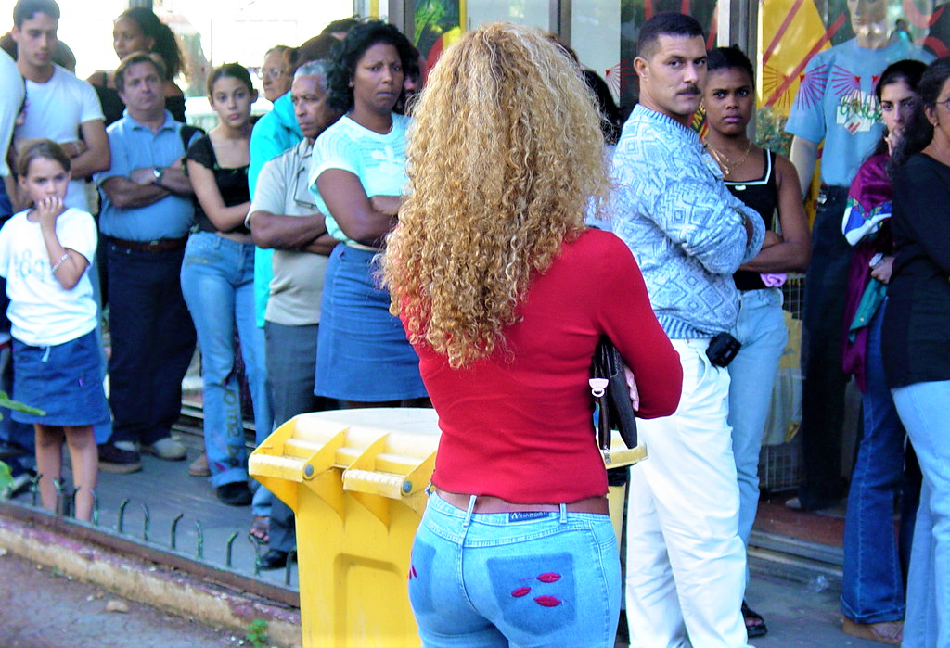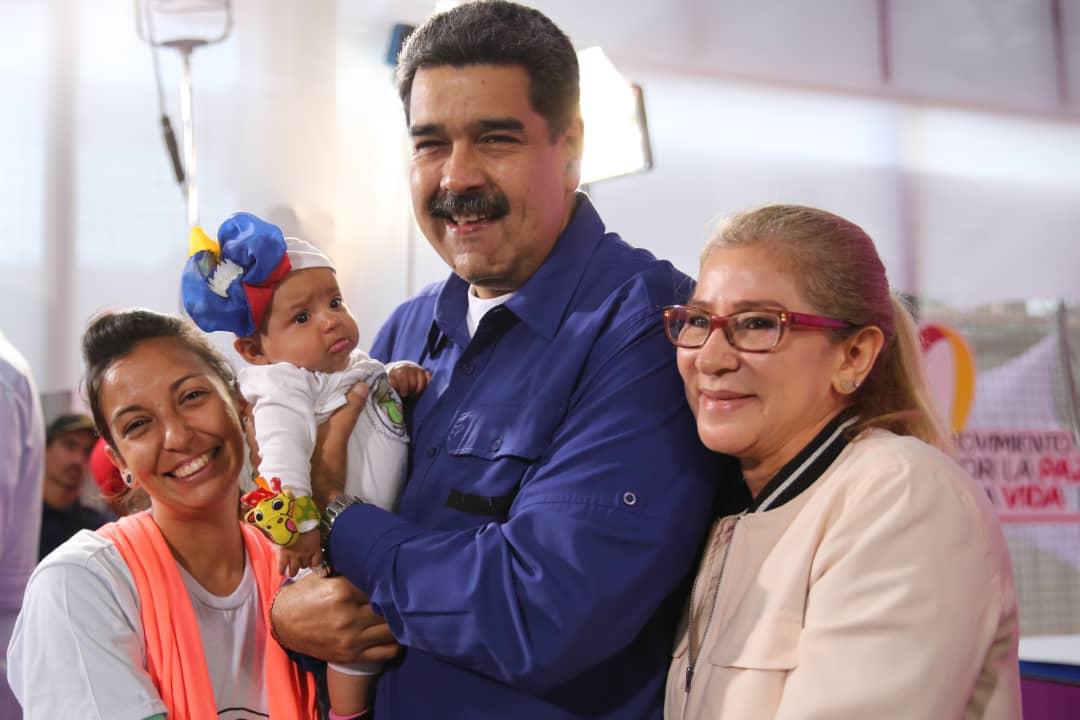
March is the fourth month of the absence of feminine hygiene items in Cuba. Since December, sanitary pads are missing in the country. Instead, Cuban women are using recycled diapers and scraps of cloth during menstruation. The lack of basic supplies brings to light the economic crisis afflicting the island and how the “success” of its health system is just a myth.
Both industrial and household pads have begun to be reused. They are washed and dried in the sun. Since there is no cotton in the pharmacies either, many women collect pieces of cloth or improvise with disposable diapers for children and adults.
“I have never done that before. I was one of those who didn’t even use cotton, and finding myself in these, washing rags to use them again, kills me with shame,” admitted one young woman to Cubanet.
In the middle of 2020, Cuban women have had to resort to old methods, which are not only uncomfortable but also dangerous for their health. Pharmacies stopped selling pads in November 2019. Then, they became scarce in the currency collection stores, where the cheapest package of ten pads is worth more than a dollar.
For those who do not know the Cuban reality, two coins are circulating in the country. The CUP for Cubans and the CUC (the convertible currency that has the same value as the dollar) for tourists. The CUC is used in currency stores, where “luxury products” such as shampoo and soap are found. So not finding hygiene items there reveals a new degree of crisis in Cuba.
It should be noted that the average salary in Cuba is around 43 dollars, and the minimum is 16. A woman with a regular flow requires, on average, two packs of ten pads. Therefore, buying these pads accounts for a good part of their income.
En #Cuba hasta las "almohadillas sanitarias", para el ciclo menstrual de las mujeres, son racionadas. (10 al mes) pic.twitter.com/9aD6pV70Qj
— Yusnaby Pérez (@Yusnaby) October 11, 2014
The sanitary pads are among regulated products. But price regulation, which is common in controlled economies, as is always the case, has not been useful in providing supplies to Cuban women of childbearing age.
Each woman is entitled to a single package of ten pads per month for 0.40 cents of Cuban peso (CUP), or 1.5 cents of a dollar at Cuban supply stores. But there are no pads, and the few available are of poor quality.
The pro-government newspaper Granma said that the regime already had the resources to meet this need during the first quarter of this year through an alliance with Vietnam. Mathisa, a company that produces and distributes sanitary materials, had financing of about five million dollars that would ensure the production and distribution of sanitary pads. But it is already March, and the situation has not improved as there is a shortage of raw materials and little distribution capacity.
?#Cuba ya cuenta con una fábrica? d pañales desechables y almohadillas sanitarias.
?Hoy fue inaugurado✂en la Zona Especial del Mariel esta fábrica, esfuerzo q realiza #Cuba??y #Vietnam??para satisfacer las necesidades y demamdas de los cubanos#CubaVsBloqueo#VamosPorMas pic.twitter.com/5mCHZxXJxq— Marian Emily (@MarianEmily2) November 20, 2019
Shortage of food because Cuba has no money for imports
Cuba imports 82% of what it consumes. This was reported by Cuban politicians in a letter to the U.S. Democratic Party rejecting presidential pre-candidate Bernie Sanders’ support for Fidel Castro’s actions on the island.
Because the regime controls production in Cuba, its citizens are dependent on state rations. “There are no eggs, no rice, no beans; there is no chicken either. There is no LPG, there is no gasoline, and the blackouts have started,” Martí Leydis Tabares, a resident of Camagüey, told Radio Cuba about the lack of resources and even basic services such as electricity.
Since the funding that Cuba receives from Venezuela diminished after socialism caused the collapse of the South American country’s economy, Cuba has lost its ability to pay to China. According to data from China’s Customs Office, in 2019, exports to Cuba fell to their lowest level in a decade, 791 million dollars, which exposes the island’s liquidity crisis.
Bolsonaro ended the enslavement of Cuban doctors
Cuba’s inability to pay also affected its relations with countries in the region. The president of Brazil’s National Bank for Economic and Social Development (BNDES), Dyogo Olivera, himself said that it was clear that countries like Cuba and Venezuela were “unable to pay” their debts.
In September 2018, months before Jair Bolsonaro assumed the presidency of Brazil, Cuba owed BNDES 17.4 million dollars in installments due in June, July, and August.
With a right-wing president like Bolsonaro in power, Cuba no longer has the funds of BNDES. Moreover, it has lost the 3,000 dollars that Brazil used to pay the communist regime every month for each Cuban doctor.
The communist regime preferred to withdraw some 11,000 doctors to Havana rather than comply with the demands of Bolsonaro, who called the working conditions of the dictatorship “slavery,” expropriating 75% to 90% of the doctors’ salaries and not allowing them to travel with their families.
The economic loss for Cuba was enormous. In 2016 alone, Cuban doctors working abroad produced five times more than the tourist industry. Doctors generated 11.543 billion dollars annually, while tourism generated 2.8 billion.
Cuba is supposed to be a model of healthcare, but it cannot even provide basic hygiene items for its women. And although doctors produce the greatest income for the country, the regime preferred to withdraw its doctors from Brazil rather than allow them to work in dignified conditions under evaluation by the Bolsonaro government.
The most striking thing about the shortage is that because of the monopolistic nature of communism, Cuba is running out of resources, and the ones who most affected are the ones who have the least: the citizens.
 Versión Español
Versión Español













